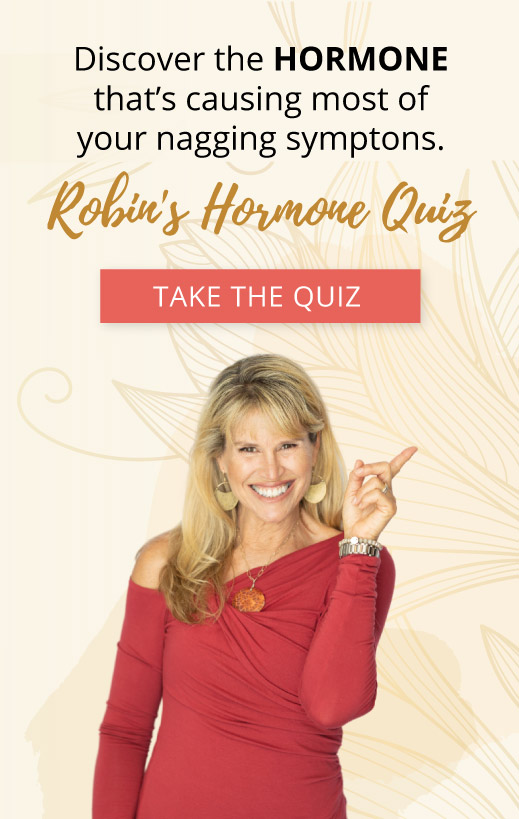Are you so tired that you’re yawning all the way to bed, but when your head hits the pillow your eyes pop right open?
This is the scenario for many. This is actually a sign of insomnia. It seems funny that this would be considered insomnia, but if you do not fall asleep within 10-15 minutes of your head hitting the pillow than you have insomnia. You know how great you feel (and look!) after a good night’s sleep. You cannot live a luscious life without restorative sleep on a regular basis.
Trouble falling asleep can be caused by many factors. You may have:
- eaten stimulating foods, drinks or medications during the day (i.e. contain caffeine)
- not “eaten your way to better sleep” to balance hormones
- anxiety, depression (imbalanced brain chemistry)
- poor sleep hygiene habits that cause low melatonin production
- poor digestion, i.e. acid reflux or GERD
- a chronic disease and are taking medication that can make it hard to fall asleep
- nutrient deficiencies
Is the over-the-counter medication you are taking for pain interfering with your sleep?
You may be losing sleep because your painkiller contains more caffeine than a cup of coffee – the average cup of coffee has about 85 milligrams of caffeine. Caffeine is often added to painkillers, because it bolsters the medication’s ability to relieve muscular aches and other discomforts but this may keep you from falling asleep at night – also critical to reducing aches and pains. Be sure to check your medications for caffeine. You’ll be very surprised at all the OTC medications that contain caffeine. Additionally there are more than 300 prescription drugs that interfere with normal sleep.
To relax enough to fall asleep quickly it is essential that the diet be free of stimulants. This includes decaffeinated coffee, chocolate and caffeinated teas. Some food colorings can act as a stimulant as well as any food that you may be sensitive to. Antihistamines also interfere with normal sleep patterns and should be avoided.
Foods that contain tyramine (a stimulant) may interfere with falling sleep:
- cheese
- chocolate (darn!)
- eggplant
- ham
- potatoes
- sauerkraut
- sausage
- spinach
- tomatoes
- wine
- sugar
Other substances that may make it hard for you to fall asleep:
- alcohol
- nicotine
- artificial flavors, food colorings and artificial sweeteners
Foods that may support sleep are:
- turkey
- milk
- cottage cheese
- chicken
- eggs
- nuts (especially almonds)
Light can be a huge factor in keeping you from falling asleep quickly. We need about 3 hours of dark or low light to begin making melatonin to help us fall asleep. If we are working on our computer into the night, or we have bright lights on in our homes it will be hard to fall asleep. Dim the light on your computer screen and stop working on your computer at least two hours before bed time. Read a good, entertaining book or try taking a hot bath with 2 cups of epsom salts right before bed to relax you and get you ready to snooze.
Be thinking about Sleep Awareness Week and see if you can’t “cure” your insomnia by following these simple tips to get some zzzzzs to feel and look fabulous for a luscious life!

